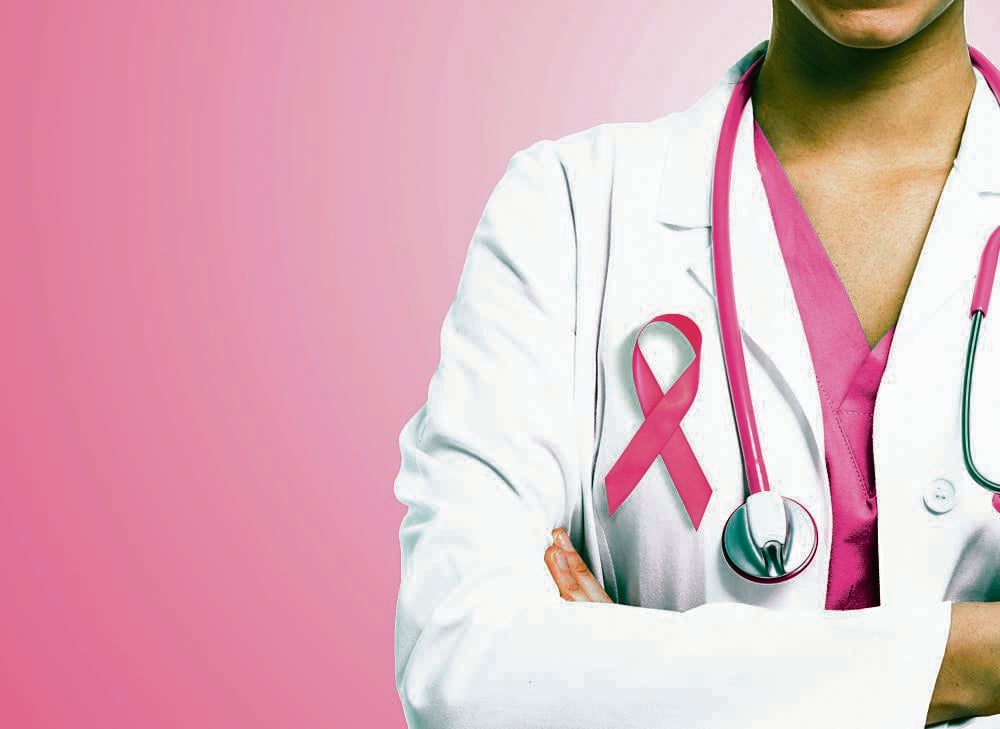
Breast cancer may be the most common cancer affecting women not only in South Africa but around the world, but, for years, it has been unclear as to what medical aid patients falling under the prescribed minimum benefits (PMBs) were entitled to for treatment.
However, new draft PMB definition guidelines set out and recently released by the Council for Medical Schemes (CMS) aim to demystify what is available to patients with early or locally-advanced breast cancer – regardless of what benefit plan they are on through their scheme, thus protecting patients from incurring exorbitant treatment costs.
Read: What is cancer? An oncologist gives us the lowdown
These guidelines are currently out for comment.
PMBs include 270 serious health conditions and 25 chronic conditions and compel schemes to provide their members with the minimum level of diagnosis, treatment and care for their conditions.
The other historical problem with PMBs was that medical schemes interpreted the benefits differently, and so there was no uniformity in what patients could access in terms of their benefit package.
Pulane Molefe, communications manager at the council told City Press: “There have been inconsistencies in the funding of cancer treatment, but this is not unique to oncology conditions only. There are inconsistencies in funding of health care interventions, hence the need to provide clarity on what constitutes PMB level of care.”
This would include screening (a physical examination), consultations with doctors and other health professionals, surgery, radiology, pathology, chemotherapy, and radiation therapy.
The CMS said it consulted with patient advocacy groups, oncologists, pathologists and pharmaceutical companies, as well as schemes and administrators, to draw up the guidelines, which will still be subject to further fine-tuning once the comments have been taken into consideration.
Nonhlanhla Duba, clinical health specialist at the Cancer Association of South Africa said: “This is an important review process to ensure that patients access minimum health services regardless of their medical aid benefit option…
“The aim is to ensure that the basic benefits of care are provided for the patients to ensure appropriate continuity of care.”
Breast cancer was the most common cancer affecting women in SA in 2013, according to the department of health, accounting for 20.8% of female cancers and more than 10% of the entire cancer burden in the country.
According to the World Health Organisation, in 2018, it was estimated that 627 000 women died from breast cancer – that is approximately 15% of all cancer deaths among women.
The CMS now recommends that all PMB-eligible patients be diagnosed using ripple assessments, combining a clinical examination, imaging (x-ray scans) and microscopically examined tissue by multidisciplinary teams including registered nurses, general practitioners, surgeons and oncologists.
Radiologists however, sounded alarm bells regarding the proposed guidelines’ section on breast cancer screening and early detection, calling the disregarding of mammograms as “badly flawed”.
According to section 4.2 of the proposed guidelines, “a lack of resources and infrastructure in the South African public health system renders screening mammography as unsustainable, hence mammography should be performed on a symptomatic and identifiable high-risk patients at specialist breast units. In line with this recommendation by the NDoH (National Department of Health. In line with the recommendation by the NDOH, mammography is not PMB level of care for breast cancer.
”The guidelines rather advocate for clinical breast examinations for women of average risk of any age. In terms of screening for breast cancer, mammograms are the only test that have been proven over 40 years to prevent deaths. All the trials done overseas show that mammography is the best way to pick up early cancer. We do understand that there isn’t enough infrastructure to offer the screening to the whole of South African that’s why the department guidelines are rather to do clinical examinations, but those are definitely not as good,” Dr Peter Schoub, a diagnostic radiologist at the Parklane Women’s Imaging Centre told City Press.
According to Schoub, both private practices and the larger public hospitals have been providing mammography for over 30 years. Up until now, almost all medical aids have paid for an annual mammogram and women without medical aids but in proximity to hospitals such as Charlotte Maxeke, Chris Hani Baragwanath and Helen Joseph (and similar tertiary facilities in other provinces) have had access to free yearly mammogram screenings.
Medical aid tariffs for mammograms are R1 600 which is inclusive of a breast ultrasound as well.
For Schoub, the real danger of this proposal, was the many women it would cut out of getting diagnosed early.
“There’s a real risk that medical aids will say, well, the Council (of medical schemes) says that mammograms aren’t the way to goso we will not pay for it. It cuts a lot of women out, not just those with medical aid.”
He added that recommendations that replaced screening mammograms with clinical breast exams were a “substantial step backwards”.
The guidelines set out what each of the assessments should consist of and also make a case for breast conservation surgery as best practice for early breast cancer, unless contraindicated and a mastectomy, or breast removal, is needed.
Breast reconstruction surgery after a mastectomy is recommended as a PMB level of care to “improve the wellbeing and quality of life” for women.
The extensive 25-page document of guidelines also sets out other treatment therapies and follow-up care recommendations that should be available to patients.
For 45-year-old breast cancer patient and survivor Mosa Leokoake, the road to clarifying and defining PMBs for breast cancer was one she believed was a long time coming, as she herself hadn’t known what was available to her, despite having started treatment in 2015.
“I was fortunate in that my medical aid (Camaf) was really supportive and paid for most of my procedures after my diagnosis. It was only when I had a heart issue that it suddenly wanted co-payments. It was then that the doctor doing my heart tests said that I rightfully had benefits such as these. He made me sign a letter and the treatment was suddenly approved.”
The comment period ends on Friday, after which the CMS will collate all the comments and they will then be addressed by a clinical advisory committee made up of technical experts in the field concerned, before the final benefit definition is published.
* This article was updated on April 18 2019 to include the comments from the radiologists.
 |
| ||||||||||||
| |||||||||||||




 Publications
Publications
 Partners
Partners








